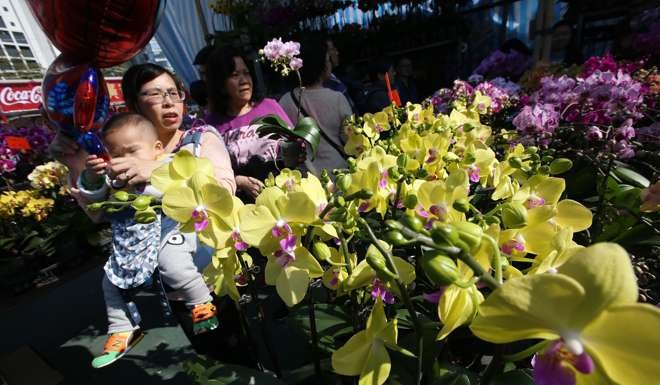
Less can mean more when it comes to worker productivity
There was a time, and it really was not that long ago, when more or less all business in Hong Kong ground to a halt over the Chinese New Year holiday. Nowadays you find supermarkets open, restaurants, fast food places and other stores are also welcoming customers throughout this period.
Hong Kong has apparently decided not to let the new year mess with its reputation as the “city-that-never-sleeps” but it’s a reputation that can take a heavy toll as the virtues of slowing down and taking a break are somehow lost in the frenetic belief that more is achieved by doing more.
When Hongkongers visit Europe they come back with wide-eyed tales of how shops close at lunchtime and how it sometimes seems as though most people are not working but lounging in cafes and bars.
There is not a shadow of a doubt that the pace of life is far more leisurely in most of continental Europe but even in France, notable for its strict labour laws and resolute determination to do things in a very French sort of way, things are changing.
This month the famous Parisian department store Galeries Lafayette decided to open its doors on Sundays, and it is likely to be followed by other famous retailers such as Printemps and Bon Marche. These moves have come despite determined resistance both from labour unions and civil society organisations who believe that the commercialisation of weekends threatens the French way of life.

Smartphone obsessed Hongkongers are probably shaking their heads in dismay over use of the word “disconnect” but, honestly, it can be done. If you look very carefully you will find an off function on all these devices.
That, of course, begs the question of why anyone should want to switch off electronic communication or even contemplate the inconvenience of shops being closed at the weekend.
There are two ways of looking at this; one is to consider employee’s interests and insist that they should be allowed a break from work, even more so in an age where they can be contacted by their bosses literally anytime of the day or night. There is also a case to be made for giving workers a proper break over the weekend thus allowing family members to get together, something that may not be possible during the working week.
On the other hand it can be argued that there are countless practical and hardheaded reasons why this insistence on leisure time makes no sense. Furthermore it is arguably elitist to advocate shutting shops and places of entertainment at the only time of the week when ordinary workers are away from their jobs.
But maybe it would be better to look at the bigger picture which asks, is it really more productive for employees to be working immensely long hours and to be at the constant beck and call of their smartphones or whatever?

Yet, living in Hong Kong, it is hard to ignore the evidence of what can be achieved by a very industrious workforce in circumstances where the long working day is the norm.
Therefore it is probably best to address this matter with some caution, bearing in mind the important caveat that no one should make a fetish out of long working hours because while periodic bursts of intense work can produce spectacular results they only do so on the back of a high level of motivation. If long hours are the norm, motivation sinks and in many areas leads to lack of attention with dire consequences.
Hong Kong could probably learn a thing or two from the breaks and shorter hours that prevail in Europe, much in the way that even French retailers are learning something from Asia. This, in no small measure, has come about due to the influx of mainland visitors who are thoroughly bewildered by the idea that when they get to Paris they cannot shop on Sundays.
This work-life balance thing is much discussed but most of the discussion seems to revolve around life style issues. Obviously this is important but we also need more information about whether business works better when it’s working longer.
Stephen Vines runs companies in the food sector and moonlights as a journalist and broadcaster

